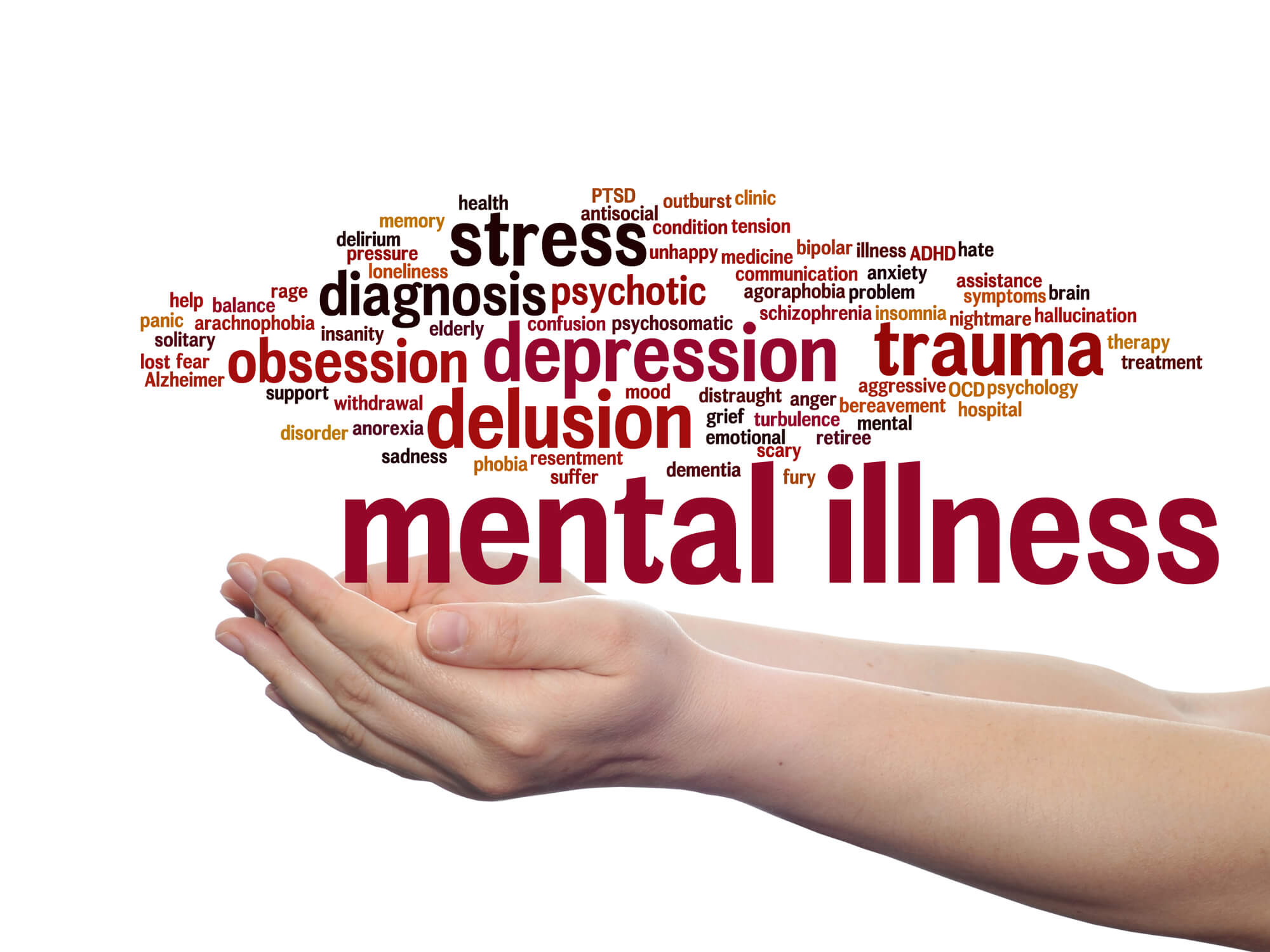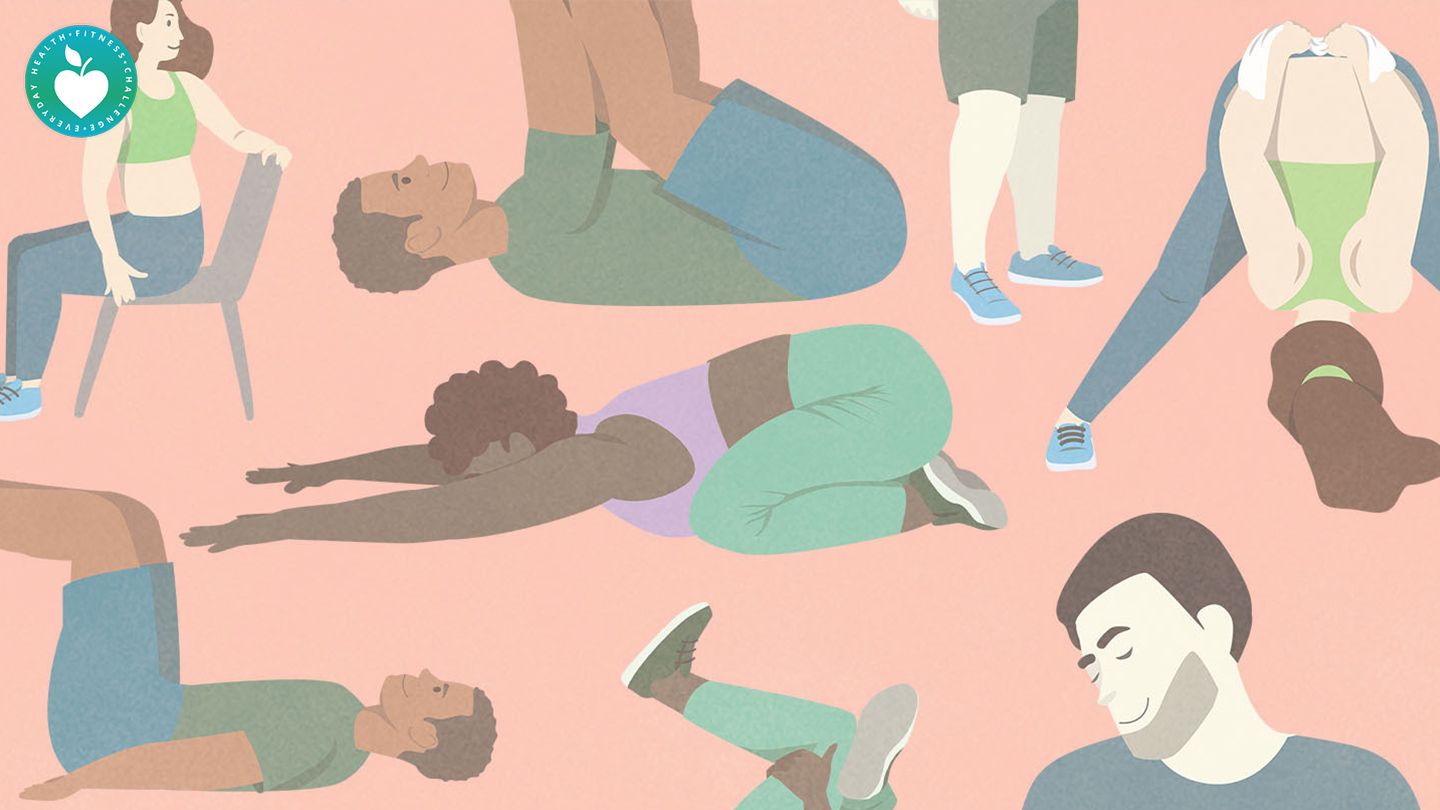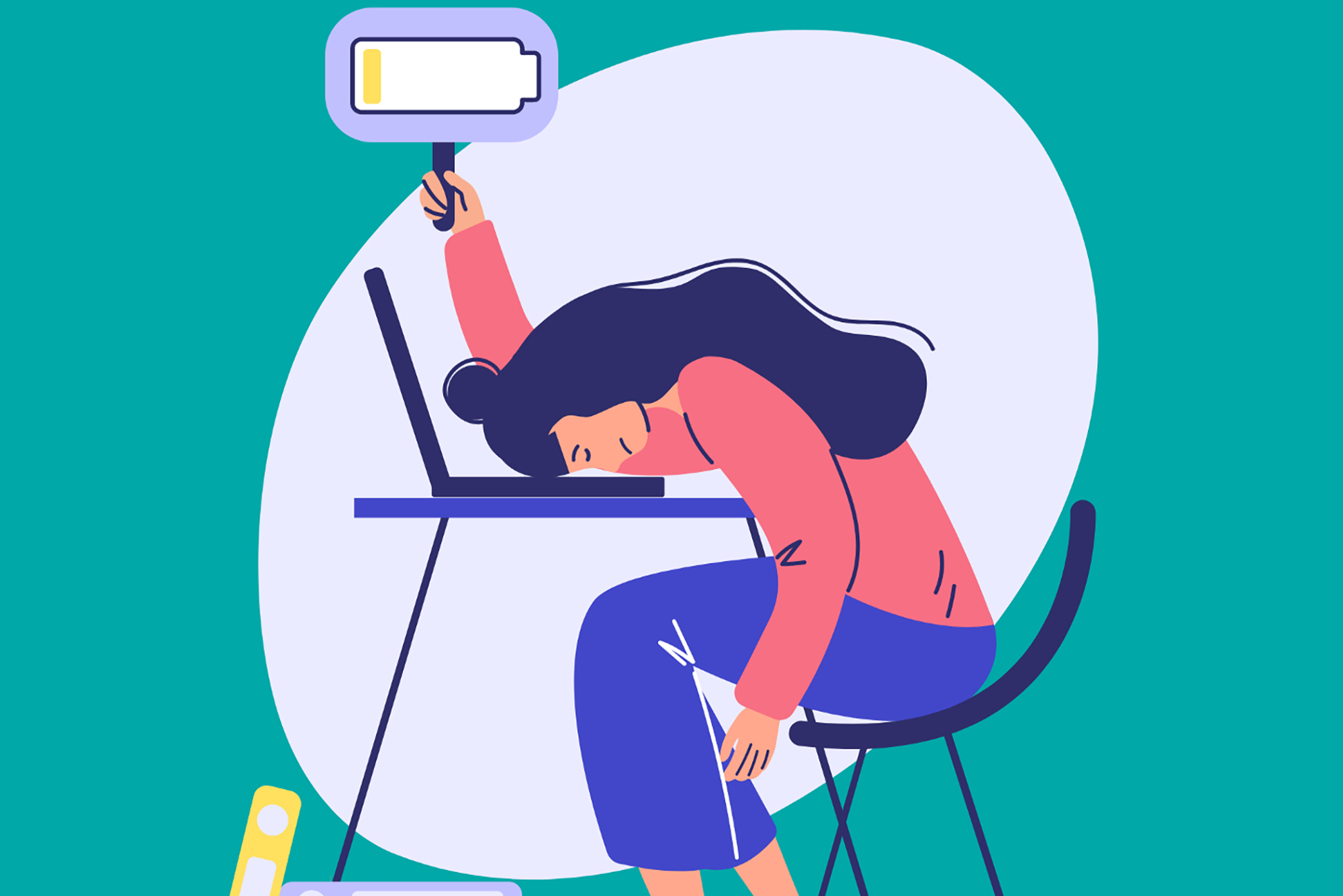Mental health is a vital component of overall well-being, yet it’s often overlooked until struggles become severe. Recognizing the early signs of mental health challenges can lead to timely intervention, better outcomes, and a greater chance of recovery. Awareness of these signs not only helps individuals seek help sooner but also empowers loved ones to provide meaningful support.
This guide explores the subtle signs of mental health struggles, why they matter, and how to address them effectively.
Why Early Recognition Matters
Mental health challenges often develop gradually, making them harder to detect in the early stages. Ignoring these signs can lead to worsening symptoms, affecting relationships, work, and overall quality of life. By recognizing and addressing issues early, individuals can:
- Prevent Escalation: Early intervention can reduce the severity of symptoms and the risk of developing long-term conditions.
- Improve Recovery Chances: Prompt treatment often leads to better outcomes and faster recovery.
- Reduce Stigma: Awareness fosters open conversations, breaking down the stigma around mental health.

Common Early Signs of Mental Health Struggles
Mental health challenges manifest differently in each person, but there are common early signs to watch for. These can be categorized into emotional, behavioral, and physical symptoms.
1. Emotional Changes
Emotional symptoms are often the first indicators of mental health struggles. They may include:
- Persistent Sadness or Irritability: Feeling down, hopeless, or unusually angry for extended periods.
- Overwhelming Anxiety: Constant worry or fear that interferes with daily activities.
- Mood Swings: Rapid changes in emotions without clear triggers.
- Loss of Interest: Withdrawing from hobbies, social interactions, or activities that once brought joy.
Example: A person who was once enthusiastic about meeting friends may suddenly avoid social gatherings, signaling possible emotional distress.
2. Behavioral Changes
Changes in behavior can be a strong indicator of underlying mental health challenges. Look for:
- Difficulty Concentrating: Struggling to focus or make decisions, often leading to procrastination.
- Neglecting Responsibilities: Avoiding work, school, or household tasks.
- Substance Use: Increasing reliance on alcohol or drugs as a coping mechanism.
- Isolation: Pulling away from family and friends or avoiding interactions altogether.
Example: A previously organized individual might start missing deadlines or appear disinterested in work responsibilities.
3. Physical Symptoms
Mental health struggles often have physical manifestations, which may include:
- Fatigue: Constantly feeling tired despite adequate rest.
- Sleep Disturbances: Insomnia, oversleeping, or disrupted sleep patterns.
- Appetite Changes: Significant weight gain or loss due to overeating or a lack of appetite.
- Unexplained Aches: Frequent headaches, stomachaches, or muscle tension without a clear physical cause.
Example: Someone experiencing chronic stress may report persistent headaches or digestive issues despite medical check-ups showing no abnormalities.
4. Social and Relationship Issues
Mental health struggles often affect how individuals interact with others. Signs include:
- Frequent Conflicts: Increased arguments or misunderstandings with loved ones.
- Withdrawal from Relationships: Avoiding phone calls, messages, or face-to-face interactions.
- Feeling Misunderstood: Believing others don’t care or understand their struggles.
Example: A person may cancel plans repeatedly or appear distant during conversations, indicating a potential struggle with mental health.
How to Identify Mental Health Struggles in Others
Recognizing mental health challenges in others requires observation, empathy, and active listening. Here’s how to approach it:
1. Pay Attention to Changes
Notice shifts in behavior, mood, or routines. For example:
- Is someone who is usually talkative now unusually quiet?
- Have they stopped participating in activities they once enjoyed?
2. Ask Open-Ended Questions
Encourage dialogue by asking questions like:
- “How have you been feeling lately?”
- “Is there anything you’d like to talk about?”
3. Be Nonjudgmental
Avoid dismissing their feelings or offering unsolicited advice. Instead, validate their emotions by saying:
- “That sounds really challenging.”
- “I’m here for you if you need to talk.”
Pro Tip: Small changes may seem insignificant, but they can be early indicators of a larger issue. Observing and addressing them can make a significant difference.
What to Do If You Notice Early Signs
Recognizing signs of mental health struggles is the first step, but knowing how to act is equally important. Here’s what you can do:
1. For Yourself
- Reach Out for Help: Talk to a trusted friend, family member, or mental health professional.
- Practice Self-Care: Prioritize sleep, nutrition, exercise, and relaxation techniques like mindfulness or meditation.
- Set Realistic Goals: Break tasks into smaller, manageable steps to reduce overwhelm.
Example: If persistent stress is affecting your sleep, consider consulting a therapist to develop coping strategies.
2. For Others
- Offer Support: Let them know you’re there for them and encourage them to seek help.
- Provide Resources: Share information about mental health services, hotlines, or therapy options.
- Follow Up: Check in regularly to show you care and remind them they’re not alone.
Example: Suggest visiting a local mental health clinic together or sending them a link to an online counseling service.
When to Seek Professional Help
Not all signs of mental health struggles require professional intervention, but certain symptoms indicate it’s time to seek help:
- Thoughts of self-harm or suicide.
- Inability to function in daily life (e.g., missing work, neglecting hygiene).
- Persistent symptoms lasting longer than two weeks.
- Significant changes in behavior, mood, or physical health.
Where to Find Help:
- Therapists and Counselors: Professionals trained to provide talk therapy or cognitive-behavioral therapy.
- Psychiatrists: Specialists who can diagnose mental health disorders and prescribe medication if needed.
- Hotlines: Crisis lines like Lifeline (13 11 14 in Australia) offer immediate support for those in distress.
Pro Tip: Seeking help is a sign of strength, not weakness. Early intervention can make a world of difference.
Creating a Supportive Environment
Whether at home, work, or in social settings, fostering an environment that supports mental health can prevent struggles from escalating.
Tips for Creating Supportive Spaces:
- Encourage Open Conversations: Normalize discussions about mental health to reduce stigma.
- Promote Balance: Encourage breaks, hobbies, and downtime to prevent burnout.
- Celebrate Progress: Acknowledge efforts, no matter how small, to boost confidence and motivation.
Example: Employers can support mental health by offering flexible work hours or providing access to wellness programs.
Conclusion: Awareness Is Key
Recognizing early signs of mental health struggles is a powerful tool for promoting well-being. By staying attuned to emotional, behavioral, and physical changes—both in yourself and others—you can act early to prevent challenges from escalating.
Remember, mental health is just as important as physical health. Seeking help and offering support are vital steps in creating a world where everyone can thrive. Whether it’s through small conversations, professional intervention, or fostering supportive spaces, each action brings us closer to a more understanding and compassionate society.
Discover more from Personal Blog of Richard Tong
Subscribe to get the latest posts sent to your email.



